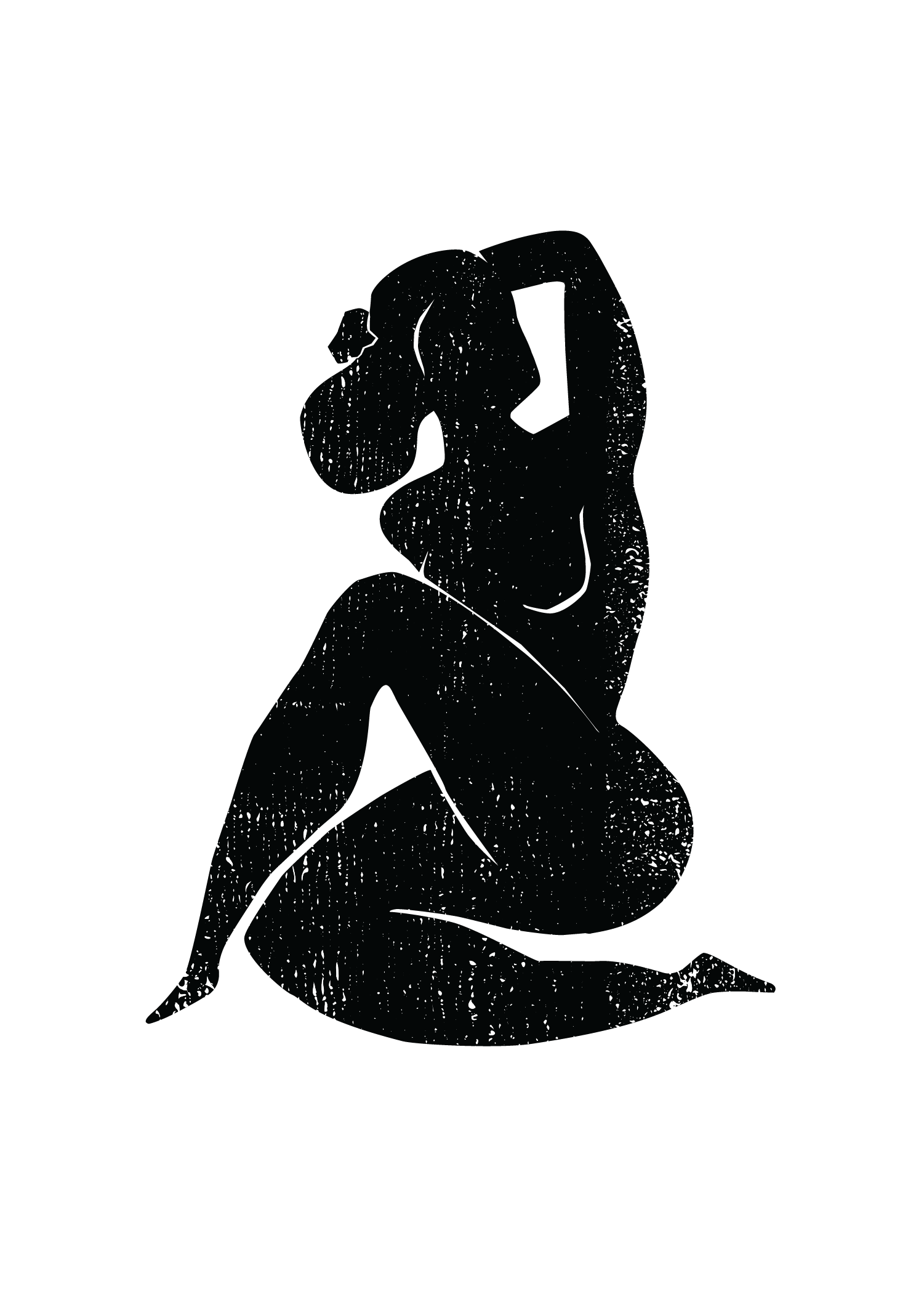journal
All About Your Enneagram Number

Within the Well-Lived Woman community, I often hear from women who are ready to understand themselves and their relationships in a deeper, more meaningful way. It can be difficult to know where to begin the process of becoming a more self-aware, happier, and stronger individual, but I find that a personality test, like the Enneagram, can be a helpful starting point.
What is an Enneagram Number?
Simply put, Enneagram Numbers represent a set of nine related personality types that are informed by both nature and nurture. These nine interconnected types create a diagram called an Enneagram.
How Can I Find My Enneagram Number?
The easiest and most popular way to discover your Enneagram Number is to take a test called the Riso-Hudson Enneagram Type Indicator. This $12 assessment contains 144 questions and the results can help you begin your journey of growth.

THE TYPES
Type One: The Reformer
Type Ones are pragmatic perfectionists who tend to have a deep sense of purpose. These natural-born rule-followers see the world in black-and-white and hold high standards for themselves and the world around them. Since they’re so regimented, they also tend to be innately structured and hardworking.
Type Ones should remember to practice self-forgiveness and learn to meet others where they’re at to avoid coming across as critical or self-righteous. Meditation, mindfulness, or a regular hot yoga class can be helpful to release some of the control One’s fight to maintain.
Type Two: The Helper
Twos raison d’être is to love, and more importantly, to be loved. They often act from the heart rather than the head and express care generously, often in the form of acts of service. Fiercely loyal, Twos tend to be the ride-or-die supportive friend and are thus typically loved by many.
Twos often perform selfless good deeds so willingly that they risk burning out from forgetting to take care of themselves. This type might begin to feel resentful if they find they’re giving more than they’re receiving in their relationships. Twos may find that open communication in their relationships will lead to better equity.
Type Three: The Achiever
Type Threes are often known to be charming overachievers who relentlessly seek out success and go out of their way to be the best at whatever they do. Keeping up appearances is important to Threes, meaning they often have a fully booked schedule and an outfit for each appointment and occasion.
This type’s downfall is becoming so wound up in what others think of them that they may forget their worth and value aren’t tied to their productivity. To be able to achieve greatness, Threes can work to drop the performance and allow themselves to express vulnerability from time to time.
Type Four: The Individualist
Fours may come across as deeply romantic. They’re often found up in the clouds focused on their next creative pursuits, and while they tend to have a solid sense of themselves, they can sometimes appear wistful, pensive, or even downright dramatic. The idea of being anything but extraordinary may seem disturbing to Fours.
Type Fours may be prone to self-indulgence and can be destructively hard on themselves. This type is prone to experiencing a lot of feelings all at once, leading to rumination and fragility. They might find growth by learning to feel their emotions rather than allowing those feelings to consume them.
Type Five: The Investigator
Highly independent and observant, Type Fives thrive on feeling competent and tend to be excellent problem-solvers. If they even come to the party, Fives are often wallflowers unless they find themselves surrounded by people who are interested in their wealth of knowledge.
Fives can sometimes be reclusive and appear cold to others and may benefit from learning to let others in.
Type Six: The Loyalist
Type Sixes maneuver the world with expert skepticism. This type has a backup plan for their backup plan because they often anticipate each possible outcome of a given situation. They’re comfortable in their bubbles—so long as nothing changes.
Sixes may find themselves frozen when trying to make decisions alone, and so they often turn to others for guidance. By working on their fears of ambiguity, they might learn to trust their instincts and develop greater confidence in themselves.
Type Seven: The Enthusiast
Sevens might be happiest when they have a creative project—or five—on the go. This playful and self-motivated type is driven by curiosity to learn new things. Sevens are endless wells of fresh ideas and tend to be wide-eyed optimists.
Because this type likes to stay busy and be around their many friends, they may be more prone to FOMO than others. Sevens may benefit from learning to be more present in what they’ve chosen to pursue at that moment.
Type Eight: The Challenger
Independent, confident, and headstrong, Eights tend to dominate the environment around them. They’re always ready to take on a new challenge and reject the idea of something not being possible. Eights feel comfortable in leadership positions and enjoy being a voice for those less assertive.
This type may find themselves losing their cool in situations where they aren’t able to exert power. While Eights have no issue with confrontation, they may act impulsively, thus causing interpersonal issues. Learning to feel their emotions before acting on them can be beneficial to themselves and those around them.
Type Nine: The Peacemaker
Also known as The Mediator, Nines tend to know how to diffuse any conflict with expert ease and calm energy. This go-with-the-flow type is gentle in nature and easy to get along with.
Nines may find growth by learning to assert themselves more. Since they can lose sight of their own wants and needs, they may find a more defined sense of self by expressing these more openly.
How Can An Enneagram Number Help Me?
Personality tests can be a fun way to deepen your relationship with yourself and others. They can even help you on your journey of self-improvement by highlighting your strengths and helping you address shortcomings. Enneagram Numbers can even be useful when you’re determining a career path, and some employers utilize this typology to better understand their employees.
It’s important to remember that Enneagram—or any other personality tests—aren’t meant to define you in exact terms. If you’re an assertive Type 8, know that you can also have moments of passivity, just as a capable Type 5 may also sometimes feel out of their breadth. Your number is not meant to be prescriptive, but an invitation to explore yourself. These tests are meant to be fun, so make sure to remind yourself that you’re a dynamic individual with unique traits and interests, and you are so much more than a personality test result.
Jaimi Brooks is a licensed marriage and family therapist, women's group leader, founder of The Well Lived Woman, and creator of the Values Deck.

BY COMMUNITY,
FOR COMMUNITY
Connect with the WLW community by asking for or offering resources like business services, recommendations, or support of any kind.

LIVE INTENTIONALLY,
LIVE WELL
© 2022 THE WELL LIVED WOMAN

